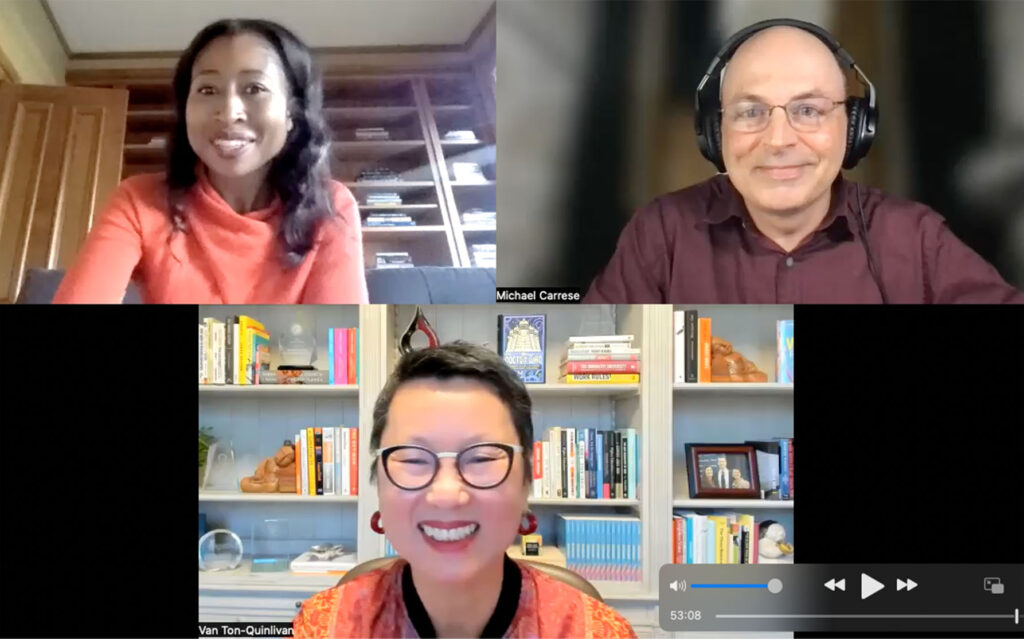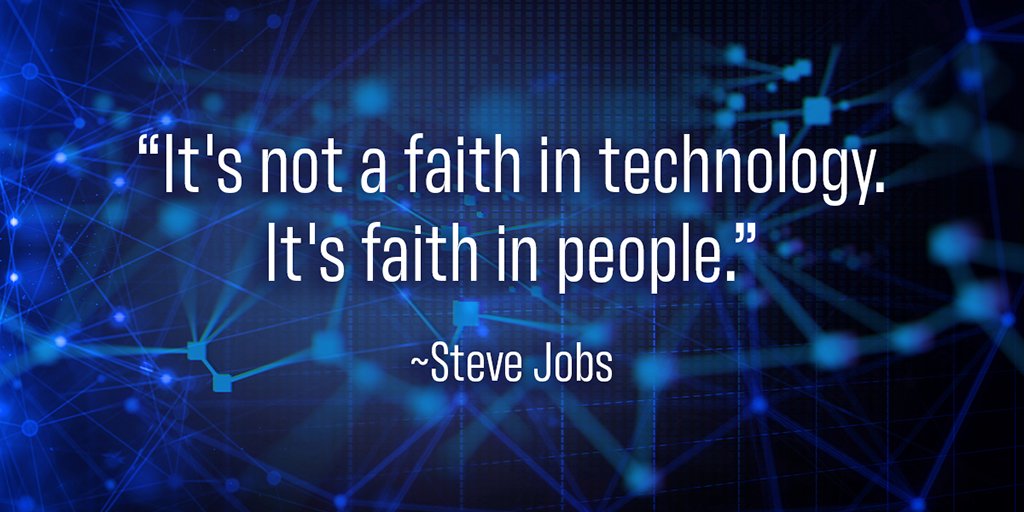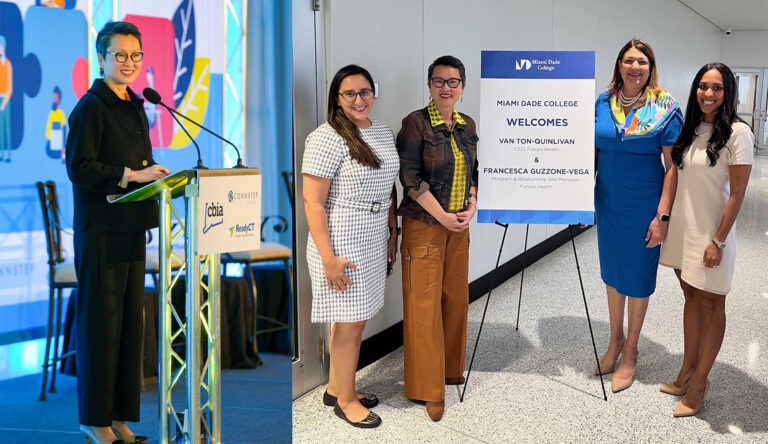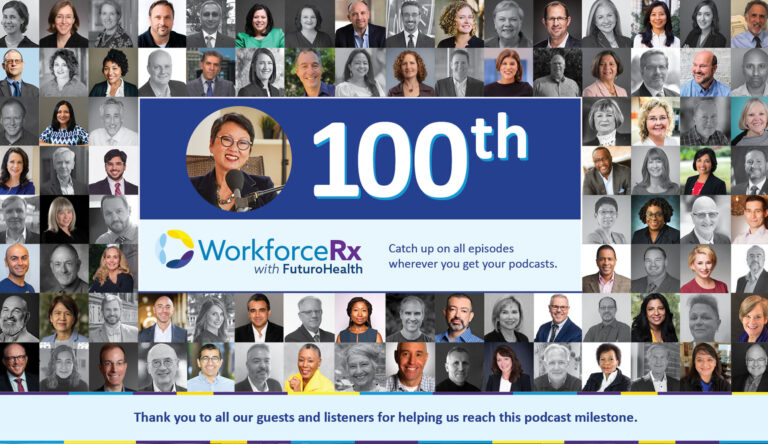
Recently, we celebrated the release of the 50th episode of my podcast WorkforceRx with Futuro Health. As I reflect on this milestone, I am filled with appreciation for all the incredible guests and listeners who have been a part of this journey. My guests include a wide range of inspiring individuals with diverse backgrounds, including education, healthcare and business thought leaders, entrepreneurs, clinicians and many others. They readily shared their knowledge and experience as we probed innovations that ready us for the future of work, future of care and future of learning.
In preparing for this blog, I looked back at our first 50 podcast episodes and was struck by the number of issues we covered that have since gained national prominence – including workforce shortages, the adoption of skills-based hiring, burgeoning mental health issues, and strategies for inclusive economies. However, no topic has gained more attention recently than advances made in Artificial Intelligence (AI) and its impact in the workplace and classroom.
Today, chatbots like ChatGPT have thrust AI into the center of major debate and controversy, generating buzz and fear in equal measure for its ability to generate conversational text to produce anything from simple answers to elaborate essays, scripts, lyrics, and much more. If ChatGPT can generate a 1,000-word essay in under two minutes and solve a complicated math formula in one, it begs the question: What are humans for? Especially as technology becomes significantly refined in the future.
I had the privilege of interviewing one of the nation’s leading AI experts on my podcast, Dr. Tom Mitchell, AI Scientist and founder of the very first Machine Learning academic departments in the nation at Carnegie Mellon University. He addressed concerns that AI in the workplace will replace humans and make many current work functions obsolete. Experts like Dr. Mitchell contend that AI will create additional career opportunities through more collaborative relationships between workers and technology. “Humans paired with technology” was his phrase.
Since ChatGPT’s launch in November, those in academia have raised concerns it could facilitate cheating, and the response by educators has been swift and varied. Last week, New York City’s education department blocked ChatGPT on all school devices and networks, citing negative impacts on student learning, and concerns regarding the safety and accuracy of content. While in other states, educators are embracing the technology’s ability to improve student writing, helping them generate ideas and reimagine the writing process.
I gave ChatGPT my own test drive, asking it to produce responses to some rudimentary “how to” questions commonly asked in my field of workforce development – like What is workforce development? and How Do you create a public-private partnership? I was generally impressed with the resulting write ups generated by ChatGPT. Then, I wondered if it could generate podcast scripts (which would make podcast producers, including mine, quite unhappy), and could I feed it all 50 podcast transcripts to render a book that synthesizes themes, which could make developmental editors skittish.
My findings using ChatGPT confirmed for me what many of the AI experts featured on my podcast also concluded:
- The importance of emotional intelligence in the workspace cannot be overemphasized. Intelligence is one distinguishing factor that will assure that humans forever remain relevant in the workplace.
- Digital skills and digital access are so fundamental to maneuvering the future that those without both will not be positioned well in the economy.
- The rapid breakthroughs in technology will challenge how we train, adapt and adopt at a more rapid pace. All education and training modalities will need to continuously reinvent themselves, from higher education institutions to smart devices.
It wasn’t long ago that advances like cloud technology, data collection and video-based communications sparked its own wave of concerns about technology replacing humans in the workplace. Today, we can hardly imagine a work environment without these technologies. We not only adapted, but these advances in technology have ushered in entirely new career sectors and job opportunities.

Perhaps this is a good time to remember a quote from one of the founding fathers of technology, Steve Jobs, Co-founder of Apple, who said “It’s not a faith in technology. It’s faith in people.”
I look forward to continuing to host our WorkforceRx podcast and sharing my (very human) conversations with all of you for many more episodes to come.



